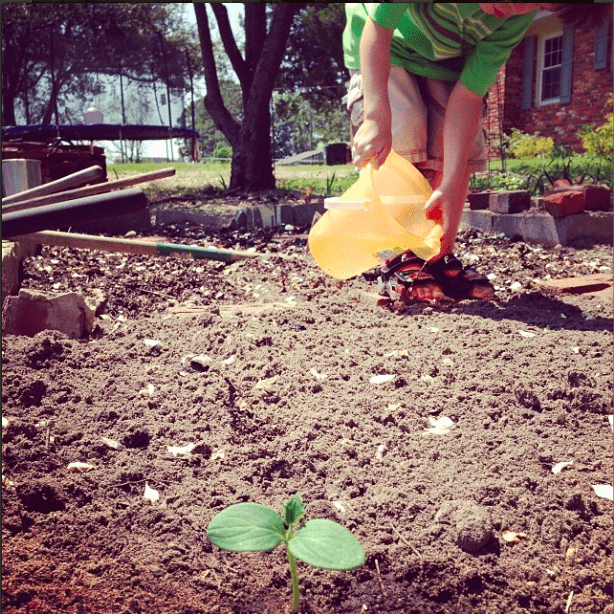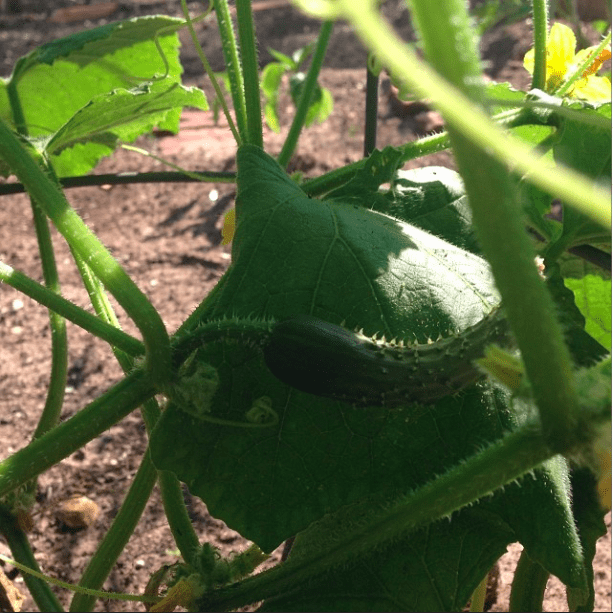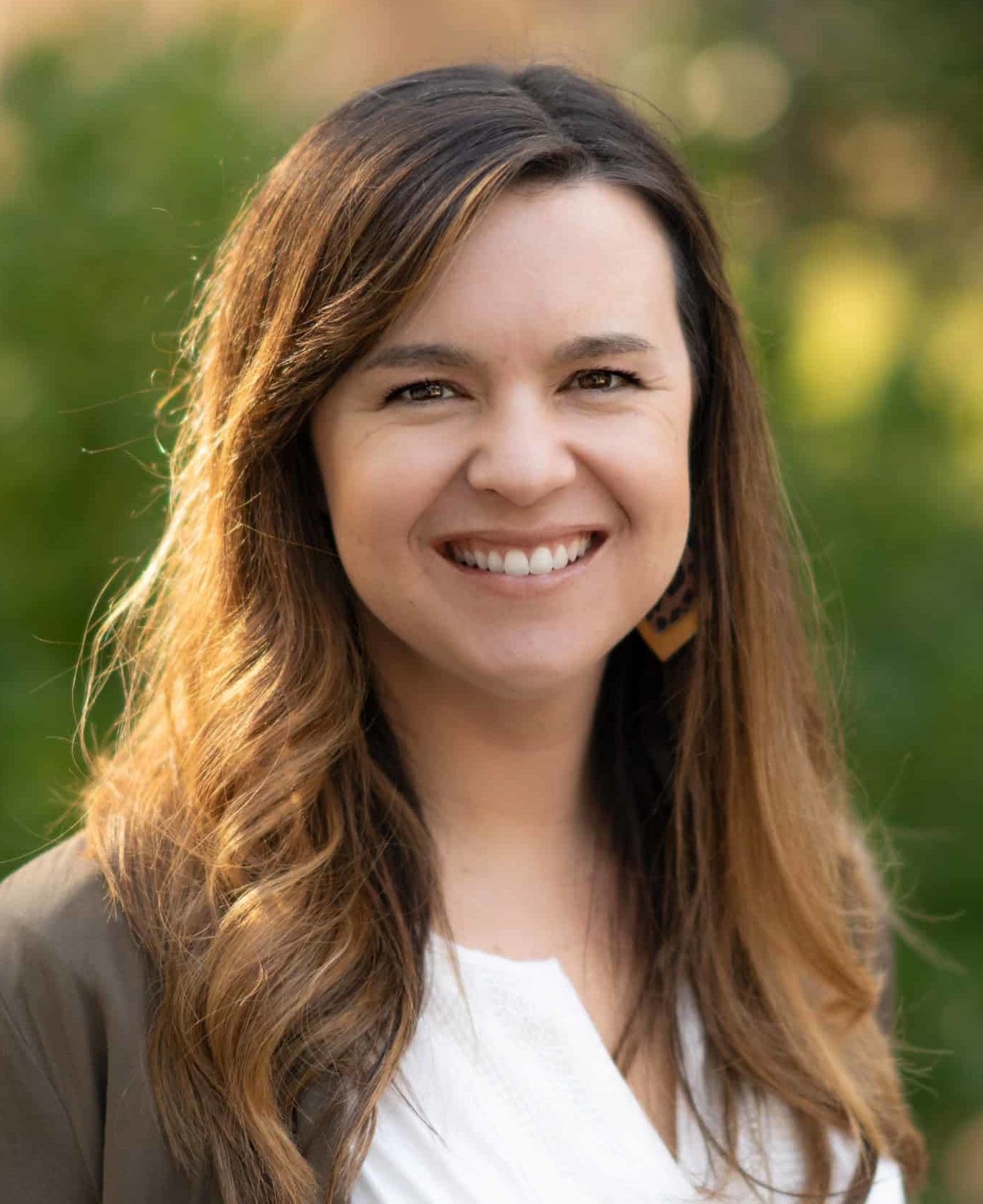There’s this thing about the childlike faith thing that unravels me a little bit — I’m not sure I can put my finger on it. Maybe it’s because I see my children as just a little wild, just a little spontaneous… just a little too young for me to figure out how faith like a child can get it — the grand and glorious goodness of a humble and holy God.
Does it take wisdom to take Jesus to heart?
Doesn’t it?
For all my sensibilities, I would’ve thought so.
But a little child shall lead them…
An impromptu prompting came to my mind on a homeschooling Monday morning. Our sweet little Tiger Tank safely dropped off at preschool, the Belle beside me crunching a few crumbs at the table, the Bear and I sat down to begin our day, and I laid my big Bible on the table, and turned to Galatians.
Can you read chapter 6, verse 7 for me?
I helped him find the way.
He began: “Do not be deceived, God is not mocked; for whatever a man sows, that will he reap.”

We talked about the big words in this verse, and then about sowing seeds and reaping harvests. If I sow an apple seed, will an orange tree grow? No. Since the beginning, God created the world so that the seeds we sow will reap a harvest according to the seed. And if someone says I can plant these apple seeds and grow orange trees? They are deceiving me. (Or trying to.) We talked and questioned and talked a bit more.
We’ll be planting our garden soon. And we talked it out: our cucumber seeds will give us cucumber plants. Our tomato seeds will give us tomato plants.
But what other kinds of seeds can we sow?
We looked back at the adjacent page, laid open for the reading, and remembered something we talked about last year: the fruits of the Spirit. We can sow seeds of kindness. If you are kind to your brother, he is likely to be more kind to you. We can sow seeds of gentleness. We can sow seeds of patience, goodness, self-control.
And can we sow bad seeds? And what happens if we do? What will we reap if we hurt? If we’re mean? Don’t you receive your own discipline if you hurt your brother or sister? These are different seeds that grow different fruits.
He took the concept to heart, and ran with it. It took him a moment to put it into words, but then I was so struck my jaw hung open, hearing his observation:
“The bad roots tangle the good roots and pull the good roots, and they break off the good roots so that they can’t find water.”
I hadn’t even mentioned the word “roots” — or thought about roots yet, for that matter.
Wide-eyed at his observation, wondering about his understanding, I quickly wrote down what he’d said.
Isn’t this true: There is no fruit if there is no root.
And isn’t this a truth about life? For all the good we might be attempting to sow, if we are also sowing bad seeds — we only have this one life, this one garden to plant in — and we can’t think that the one will not affect the other.
If we keep sowing seeds of anger, and we protect that plant, and allow it to flourish instead of pulling it up like the weed that it truly is — won’t that anger affect the rest of our lives? Deep underneath the soil, those roots will strangle the good things trying to take root, find water and grow.
We might find a convenient tomato cage to put around our bitterness, try to keep it to its own little corner of the garden — but those roots will stretch out under the ground in any direction they choose. And they’ll hinder the growth and flourishing of the good seeds we’re sowing. Deep under the soil, things are happening we can’t see and don’t always understand.
We discovered it quickly in our garden last year: it’s hard to grow good things. It’s easy to grow weeds.

On the way home from a photo session that evening, the Hubs and I were chatting, and I shared about the Bear’s significant comments on that Bible verse that morning. Then a professional athlete came up in conversation who was once the premier player in his sport. He won and won and won, and changed the face of the sport he represented, and then it all came crashing down when a big bright light was shone on his personal life. A mistress, an affair, infidelity — it seemed like all the world had front row seats to watch his world, falling apart.
And we thought long and observed: the roots were all planted in the same soil. For all the care and discipline and focus and effort he showed in excelling in his sport, still the lack of care and focus and discipline in his personal life meant tangled up roots — the bad seeds he sowed in his personal life produced bad fruit, and the good fruit of his professional life was a casualty when it came time to harvest.
For all our efforts, we are still only human at the best of times. We get angry. We get bitter. We get hurt and we react.
What hope is there for any of us, who will only ever fall short?
Paul wrote about it to the Romans, {see ch. 7} his observation about how he did what he did not want to do, and did not do what he did want to do. Sin dwells in me, he wrote. Oh wretched man that I am! Who will save me from this body of death?
I thank God — through Jesus Christ Our Lord!
Here is the hope for all of us: Jesus, who died to sin and died for sin, so that we could be freed from sin to live a new life in Him.
Paul continued this theme in chapter 8 with the glorious news:
There is therefore now no condemnation to those who are in Christ Jesus, who do not walk according to the flesh, but according to the Spirit. For the law of the Spirit of life in Christ Jesus has made me free from the law of sin and death. For what the law could not do in that it was weak through the flesh, God did by sending His own Son in the likeness of sinful flesh, on account of sin: He condemned sin in the flesh, that the righteous requirement of the law might be fulfilled in us who do not walk according to the flesh but according to the Spirit.
We know we fall short. We know we sow amiss. But the law is fulfilled for us in Him — for us who do not walk according to the flesh, but according to the Spirit.
Left to our own devices, we will always only ever be a mess. But if we yield our lives to the Spirit of God, Who can dwell in us, and Whose fruit is kindness, gentleness, patience, self-control… there is hope for us still.
We can sow kindness, and reap it. Sow gentleness and receive it in return.
The gardens of our hearts will not likely be weed-free until some glad morning when we’re called to our forever home in Him… but there is hope that even in this life, we can find help to get some weeds out of our hearts, to sow good seeds, and bear good fruit.
The afternoon of our great conversation, there was a marked difference in the Bear’s behavior. He was carefully choosing to say “Yes ma’am.” To listen and immediately do what I’d asked. To be respectful and polite and to share.
You’re being such a thoughtful boy today! I thanked him and praised his efforts.
He quickly replied as if it must’ve been obvious: “I want to sow good seeds.”
xCC

 I create resources to help people find deeper, more meaningful relationships with God through pursuing, pondering, and prayer. The "Shop" link above will take you to the home of many of the lovely resources I’ve created to help you keep walking one day deeper with Jesus.
I create resources to help people find deeper, more meaningful relationships with God through pursuing, pondering, and prayer. The "Shop" link above will take you to the home of many of the lovely resources I’ve created to help you keep walking one day deeper with Jesus.